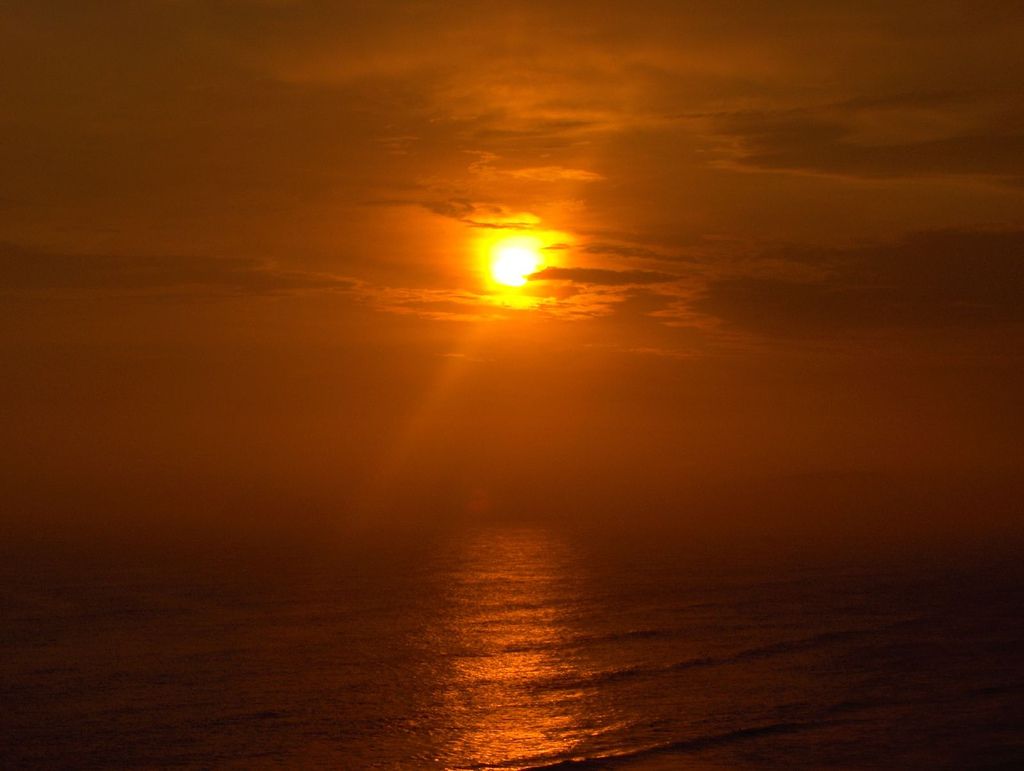Let the cameras do the snapping
For all of the most memorable moments in life — such as exotic vacations, milestone birthday parties, and brushes with fame — we like to have photographs. Videos are good too — sometimes it's even nice (although something of a luxury) to use more traditional methods, such as composing song, producing paintings, or interpreting the moment with dance — but really, still photographs are by far the most common and the most convenient way to preserve the best moments in life.
For some people, photography is an art and a life-long passion: there is great pride to be had in capturing significant occasions on film or in pixels. But for others (such as myself), taking photos can quickly become little more than a bothersome chore, and one that detracts from the very experiences that you're trying to savour and to have a memento of.
For those of us in the latter category, wouldn't it be great if our cameras just took all the pictures for us, leaving us free to do other things?
Smart cameras
I was thinking about this the other day, after a particularly intense day of photo-taking on my current world trip. I decided that it would be very cool, and that it probably wouldn't be that hard to do (what with the current state of intelligent visual computer systems), and that seriously, it should be realistic for us to expect this kind of technology to hit the shelves en masse within the next 30 years. Max.

Think about it. Robotic cameras that follow you around — perhaps they sit on your shoulder, or perhaps they trail behind you on wheels (or legs!) — and that do all the snapping for you. No need for you to point and shoot. They'll be able to intelligently identify things of interest, such as groups of people, important landmarks, and key moments. They'll have better reflexes than you. They'll know more about lighting, saturation, aperture, shutter speed, and focus, than you could learn in a lifetime. They'll be able to learn as they go, to constantly improve their skills, and to contribute their learning back to a central repository, to be shared by millions of other robotic cameras around the world.
Meanwhile, you'll be able to actually do stuff, apart from worrying about whether or not this is a good time to take a picture.
Not science fiction
What's more, judging by recent developments, this may not be as far off as you think.
Already, numerous researchers and technologists around the world are developing machines and software routines that pave the way for exactly this vision. In particular, some Japanese groups are working on developing robotic cameras for use in broadcasting, to make the cameraman an obsolete occupation on the studio floor. They're calling this automatic program production for television networks, and they're being sponsored and supported by the Japan Broadcasting Corporation.
This is still only early stages. The cameras can be told to focus on particular objects (usually moving people), and they can work with each other to capture the best angles and such. But it's very promising, and it's certainly laying a firm foundation for the cameras of the future, where detecting what to focus on (based on movement, among other metrics) will be the key differentiator between intelligent and dumb photographic systems.
I know that many people will find this vision ludicrous, and that many more will find it to be a scary prediction of the end of photography as a skill and as an art. But really, there's no reason to be afraid. As with everything, robotic cameras will be little more than a tool; and despite being reasonably intelligent, I doubt that they'll ever completely replace the human occupation of photographer. What's more, they'll open up whole new occupations, such as programmers who can develop their own intelligent algorithms (or add-ons for bigger algorithms), which will be valuable and marketable as products.
I realise that not all of you will feel this way; but I for one am looking forward to a future where the cameras do the snapping for me.